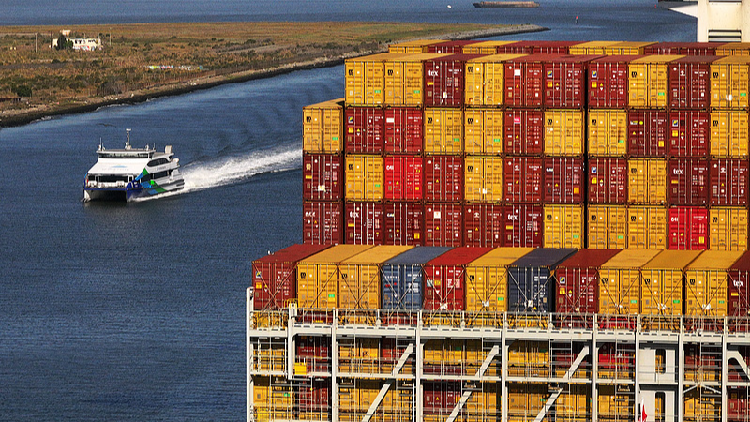U.S. Trade Court Blocks Trump's Sweeping Tariff Impositions Ahead of Key Decisions
A U.S. federal court halts most of Trump's global import tariffs, citing overreach of presidential authority.

A U.S. federal court on Wednesday issued a major decision blocking most of President Donald Trump’s broad-based import tariffs, holding that the administration had exceeded its authority in imposing sweeping global levies. The ruling marks a significant setback to the White House’s efforts to reshape America’s trading relationships and represents a victory for U.S. businesses and states that challenged the administration’s aggressive use of executive power.
This decision disrupts a central pillar of President Trump’s trade policy—using tariffs as leverage to force countries into new trade agreements favorable to the United States. Over recent years, these tariffs have disturbed global trade flows and caused turbulence in financial markets, creating uncertainty for importers, exporters, and consumers alike.
The three-judge panel at the Court of International Trade effectively placed a halt on most of the president’s tariff announcements since taking office, which included the blanket 10 percent "Liberation Day" tariffs unveiled last month and targeted duties against China, Mexico, and Canada. The measures, in part, were aimed at combating the flow of fentanyl and other substances into the U.S., but opponents argued they went far beyond the legal limits of presidential authority.
Central to the ruling was the court’s interpretation of the U.S. Constitution, which vests Congress—not the president—with the power to regulate commerce. In this case, the panel found that President Trump had overstepped by invoking a "national emergency" to justify broad, unrestricted tariffs under the International Emergency Economic Powers Act of 1977 (IEEPA). The court determined that the IEEPA does not grant the president the right to impose tariffs without clear congressional authorization, stating succinctly that it "does not confer such unbounded authority."
The administration now has ten days to begin unwinding the tariffs, though the decision is likely to set off a protracted legal battle. The White House sharply criticized the ruling, characterizing it as judicial interference in matters of national security, and confirmed it had already filed an appeal. The process could eventually reach the U.S. Supreme Court, raising the stakes for future presidents’ ability to wield sweeping economic powers unilaterally.
Legal experts noted that while the court’s finding is a clear rebuke, executive authority in trade matters remains a complex—and hotly contested—area. “This time, he used emergency economic powers, and next time, he could use other executive orders,” a lawyer specializing in international trade disputes observed. This reflects a broader concern: that even with judicial checks in place, creative use of executive instruments could allow similar policies to recur.
The ruling originated from two lawsuits—one brought by a coalition of small businesses and another by a group of 13 states. At least five additional legal challenges against the tariffs are still pending. Plaintiffs and their supporters argue that tariffs have hurt American companies and consumers by raising costs and disrupting supply chains, adding to inflationary pressure already straining U.S. households.
On Capitol Hill, Democratic lawmakers welcomed the decision. Gregory W. Meeks, senior Democrat on the House Foreign Affairs Committee, said the ruling underscored that “these tariffs are an illegal abuse of executive power.” Economists and industry analysts warn that if the tariffs are allowed to resume, their financial burden would continue to fall disproportionately on U.S. businesses and consumers, potentially pushing the Federal Reserve to keep interest rates higher for longer.
Despite the ruling, the future of U.S. trade policy remains uncertain. As legal battles loom, the outcome may ultimately hinge on the courts—and the willingness of Congress to reassert its constitutional role in shaping America’s engagement with the world economy.




